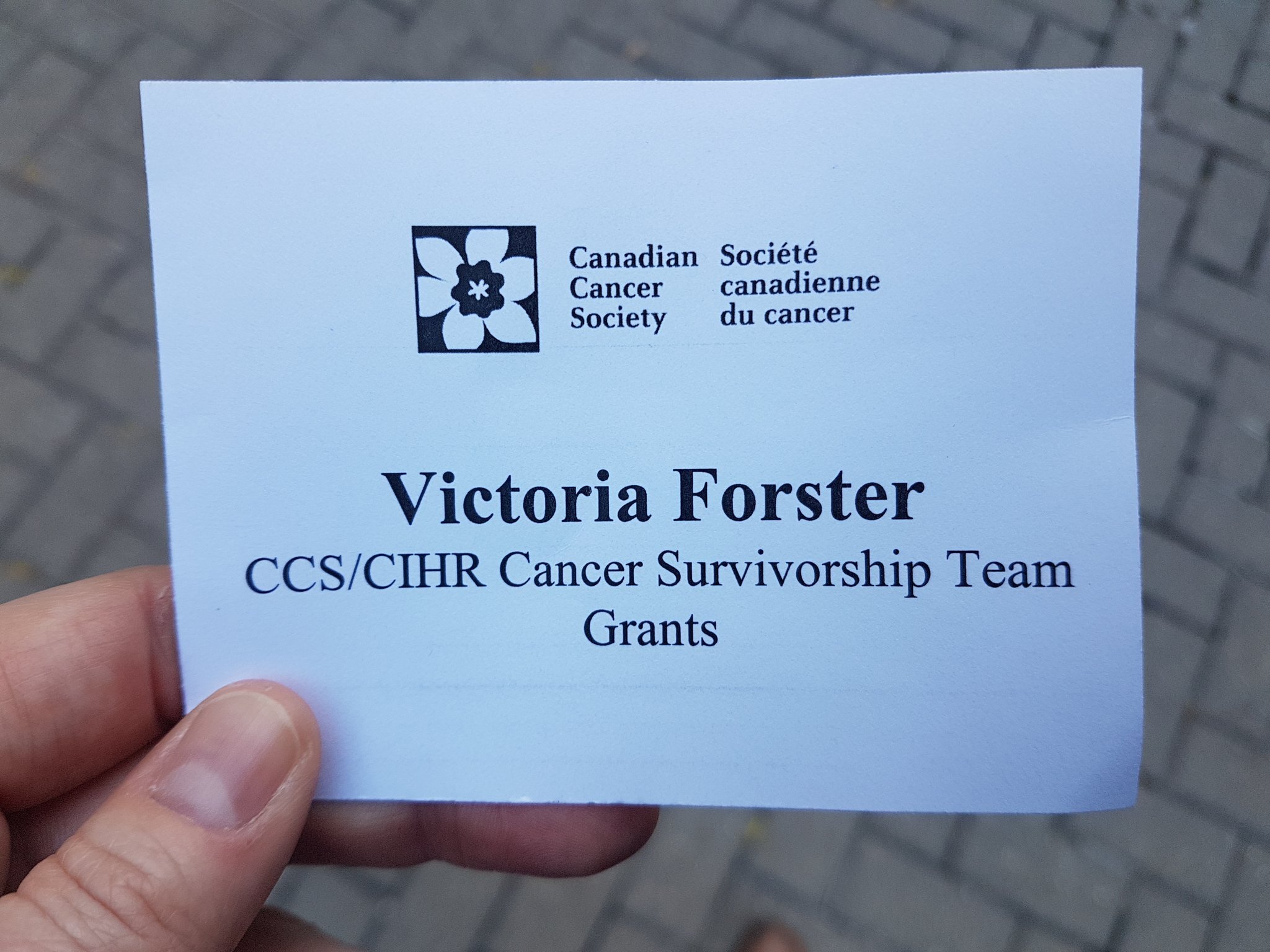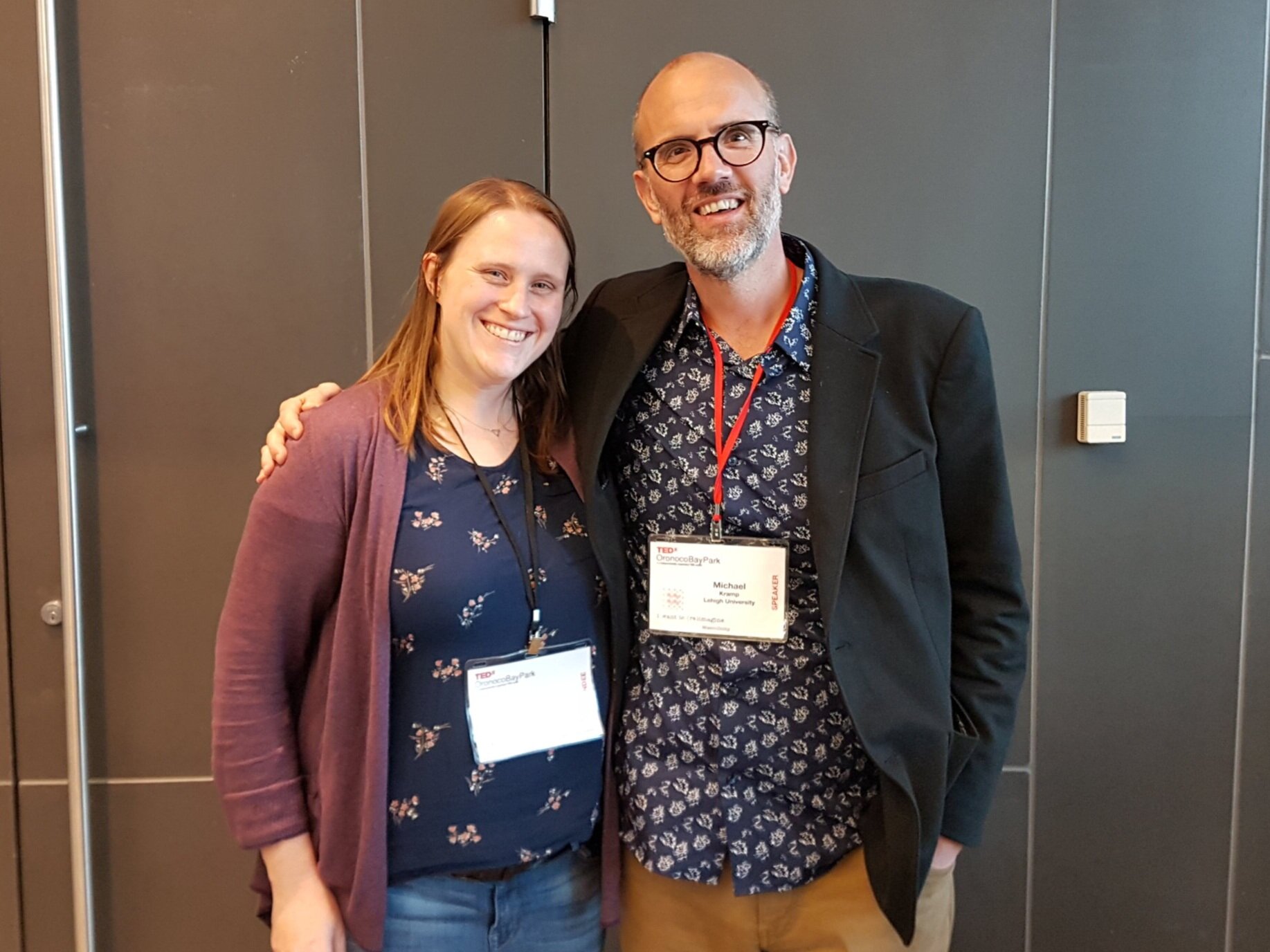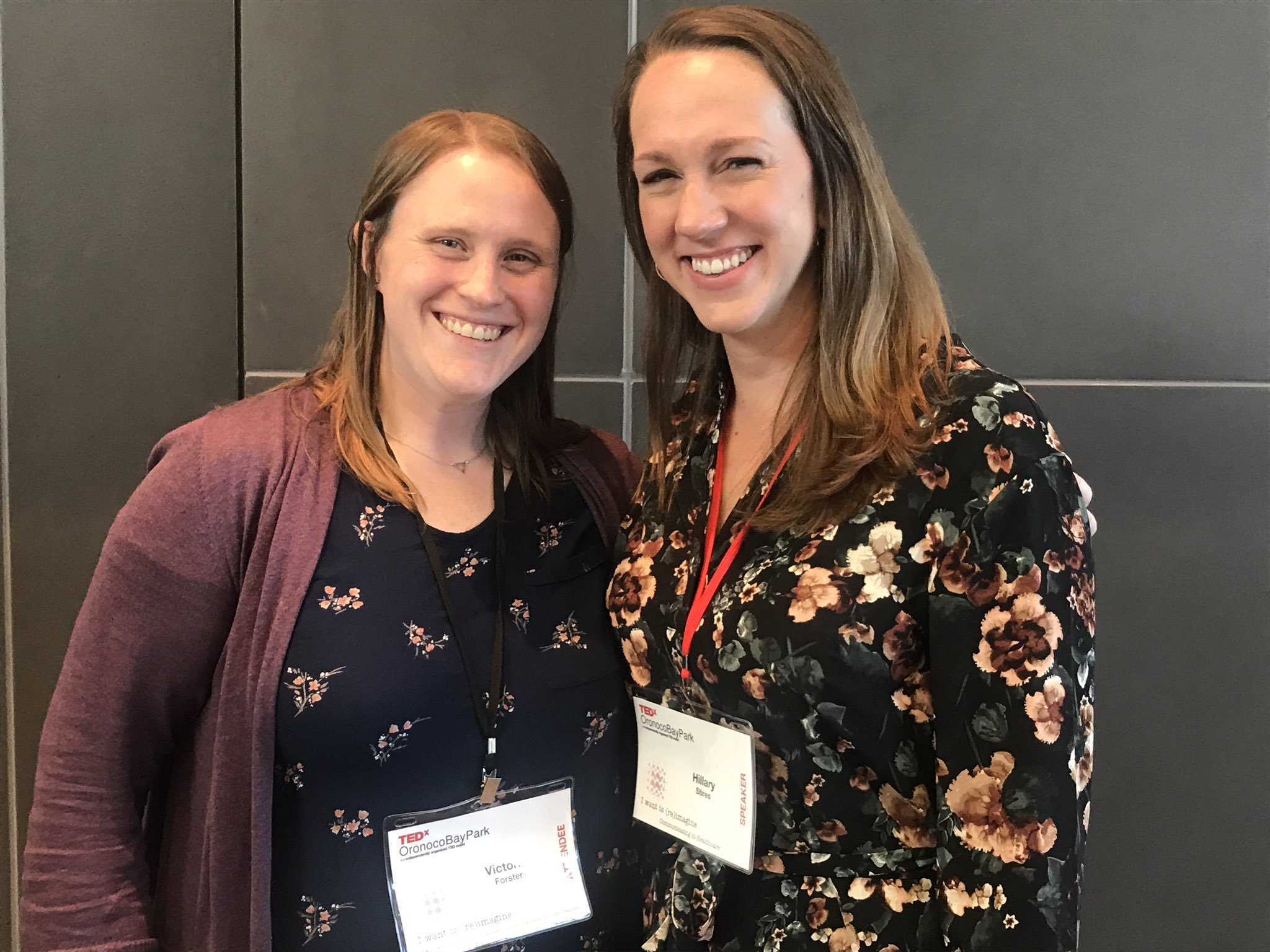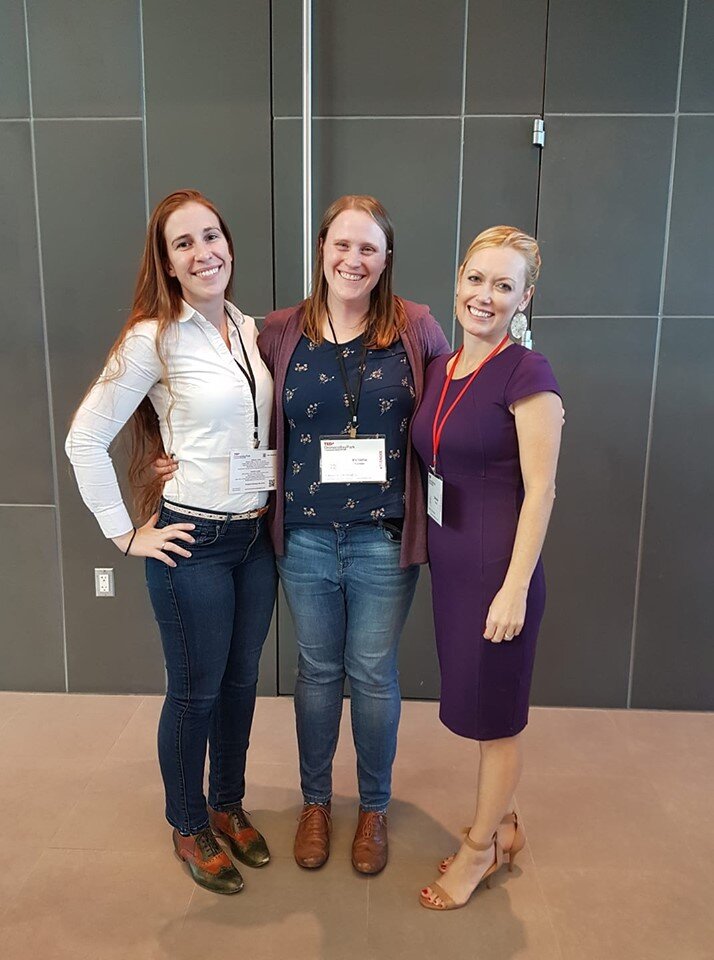I’m delighted to have been doing some freelance writing work for the AACR over the past few months. I’ve been doing a variety of tasks including writing short summaries of academic papers for Cancer Discovery, helping to prepare the “News this week” column and more recently, writing news for the site. I’d like to share my first news piece about shortages of tocilizumab caused by the Covid-19 pandemic.
Milestone for Forbes
Recently, my articles on Forbes reached a total of 10 million pageviews, with around 2/3 of those being in the last 18 months. Writing news stories, deep dives and debunk articles about the pandemic and fitting this in around my full-time job has been a challenge, but I have learned a lot and have been privileged to work with the editorial staff and other amazing contributing writers.
I've also been able to write some stories which I know from feedback have helped people during the pandemic, which is a great feeling as a writer and science communicator. These have been on a variety of topics including explaining how vaccines work, whether takeaway food is safe during the pandemic and whether certain medical conditions will prevent people from getting vaccinated or not.
I have no formal training in science or healthcare writing, so I really owe a lot to everybody who has helped me and taken a chance on me along the way. Thank you to everybody who has ever read and shared my articles and in particular, thank you to the wonderful editors, mentors and colleagues from a variety of publications and organizations who have helped me over the past few years.
New article for Cancer Therapy Advisor on outcomes for children with cancer who get Covid-19.
This was a hard topic to write about. New research led by St. Jude Children's Research Hospital and involving physicians in 45 countries has found that children with cancer are at a higher risk of severe illness and death should they contract Covid-19. Notably, children in low-middle income and middle-high income countries were significantly more likely to have severe outcomes than children in high-income countries. I was lucky to interview two excellent physicians for this article - from St. Jude - first author of the study, Dr. Sheena Mukkada and from The Medical Center, Kolkata, India - Dr. Arpita Bhattacharyya, who contributed patient data to the registry and provided insight about the experience of the pandemic at her center.
A few points:
- 20% of children with cancer experienced severe Covid-19 infection, much higher than even the highest estimates in the pediatric population generally.
- 1 in 25 children with cancer infected with Covid-19 worldwide died.
And of course there is much that the registry cannot capture. I'll leave you with these quotes from Dr. Bhattacharyya talking about the early stage of the pandemic where India instigated strict quarantine regulations to try to control the virus:
“When we suspected leukemia or a solid tumor, and the child tested positive for COVID-19, we couldn’t do anything about it for 17 days; no further tests to confirm the diagnosis and no treatment,” Dr Bhattacharyya explained. “A child who would have been diagnosed in less than 24 hours had to come back after weeks, and, in some cases, the disease progressed. And a lot of children, unfortunately, never came back. It was one of the greatest feelings of helplessness that we have encountered.”
Read the article here
Feature article in Cancer Today (American Association for Cancer Research)
Honoured to have been interviewed for "Cancer Today" magazine from the American Association for Cancer Research. I talked about my personal experience as a survivor of childhood cancer, my research and my survivorship advocacy work. Thanks to Brad Jones for putting together such an amazing story.
Plenary lecture at APOS 2021
I was honoured to be asked to present at the American Psychosocial Oncology Society’s (APOS) annual conference. I talked about my own experience as a cancer survivor and effective engagement of people with cancer and cancer survivors in research including Cancer Survivor Social Media, a Twitter-based scheme which I co-founded in 2019. APOS also hosted a “Twitter takeover” of our account to share insights related to cancer survivorship from the conference. Thank you to the organisers for inviting me to speak and for partnering with Cancer Survivor Social Media throughout the conference.
New publication - "Re-Addressing the Needs of Cancer Survivors during COVID-19: A Path Forward"
Honoured to be a part of this fantastic team producing this commentary article pertinent to cancer survivors and their care during the Covid-19 pandemic. The paper is available open-access here.
New publication - "Unique needs of childhood cancer survivors during the COVID-19 pandemic"
Pleased to have published this editorial article with the excellent Dr Fiona Schulte (University of Calgary) on the unique needs of childhood cancer survivors during the Covid-19 pandemic.
A key point of the piece, in my opinion, is that professional organisations have published guidelines designed to guide survivors through the pandemic, but the majority of childhood cancer survivors have reported not receiving any of this information.
You can read the piece (open access) here
Big, overdue update! Health writing during the pandemic, about the pandemic.
Hi everyone. Well, what can you really say about 2020 that hasn’t already been said? For me, it has presented some unusual opportunities. Although I normally cover mostly oncology topics for Forbes, early on in the pandemic I started doing Covid-19 articles too to help fulfil the incredible demand for well-written, evidence based articles on the pandemic. To-date, my articles on Covid-19 have clocked up almost 4 million page views. Despite the topic and associated stress of simply being a human during a global pandemic, it has been a true privilege to be a part of such impressive, comprehensive coverage on Forbes and I feel I’ve significantly developed as a writer this year.
Links:
First Person Injected With Trial Coronavirus Vaccine In Seattle
Wearing A Mask To Reduce The Spread Of Coronavirus Will Not Give You Carbon Dioxide Poisoning
Is Eating Takeout Food Safe During The Coronavirus Pandemic?
Women Are Leading Canada’s Public Health Response To The COVID-19 Coronavirus Outbreak
New Big Data Study Investigates How People With Cancer Fare When They Get Covid-19
‘Covid Toes’ Are Caused By Coronavirus Infecting The Lining Of Blood Vessels, Says New Study
Working from home, April's Editor's Picks from Forbes
Hello! It’s been an incredibly busy couple of months, despite working from home for my research scientist job! I’ve been having a ton of Zoom meetings, writing papers and grants and of course, it is a very busy time to be a Health writer. Some of my ‘Editor’s pick’ articles from Forbes for April:
Women Are Leading Canada’s Public Health Response To The COVID-19 Coronavirus Outbreak
Can You Get Sick With Coronavirus Twice? The Jury Is Still Out
Researchers Warn Possible Coronavirus Treatment Hydroxychloroquine May Be Toxic When Combined With Diabetes Drug
Shortlisted for European School of Oncology Cancer Journalism awards
I’m delighted to have been shortlisted in two categories for this year's European School of Oncology Cancer Journalism awards for two of my articles for Forbes:
“Why The Obsession With A Universal Cure For Cancer May Be Harming Research And Patients,”
and
“Levels Of Some Cancer-Causing Chemicals In Nail Salons Higher Than In Auto Garages Says New Study."
Congratulations to all of the winners and other shortlisted writers!
More COVID-19 coverage for Forbes
It has been an absolute privilege to be a contributing writer for Forbes Health during the coronavirus pandemic. The staff and my fellow contributors are doing amazing work bringing evidence-based and timely information to the general public at an incredibly challenging time. It’s been exhausting trying to keep up with developments and I’ve written over twenty articles on the topic in two months, but it’s humbling to be part of such a dynamic and talented team of writers.
Selected articles:
“Healthcare Workers Fighting The Coronavirus Outbreak Are Running Out Of Vital Protective Equipment”
“First Person Injected With Trial Coronavirus Vaccine In Seattle”
“How Does The Coronavirus Affect Kids? What We Know So Far About COVID-19 In Children”
“Scientists In New York Urge Closure Of Schools To Slow Spread Of Coronavirus”
You can check out all of my coverage here.
Coronavirus coverage for Forbes Health
In the past couple of weeks, I’ve been privileged to contribute to the excellent coronavirus coverage on Forbes Health. It’s been a challenge keeping up with such fast-moving news, but I’m enjoying being a little out of my comfort zone and talking to excellent virologists, public health experts and physicians about the outbreak. You can read my stories here and Forbes’ coronavirus coverage here.
New articles on Forbes.com
Hello everyone and a belated (or perfectly on time if you celebrate the Chinese version) Happy New Year!
This month has been a whirlwind of both academic and writing work. One of my favourite pieces to write this month was an update article on a story which originally broke last year where an Israeli biotech company made the bold claim that they had invented a treatment that would cure cancer within the year. Did they manage it? Read the article here to find out.
Keynote lecture at Society for Neuro-oncology conference in Phoenix, Arizona.
It was an honour to do my first international keynote lecture at the Society of Neuro-oncology annual meeting in Phoenix, Arizona. I talked about my own personal experience of the side-effects of chemotherapy, my research on these side-effects, science communication and the importance of involving patients and survivors in every stage of the research process.
New academic publication in Pediatric Anesthesia
Pleasure to contribute to this new paper with excellent collaborators from the UK. This review builds upon previous research that found there is more than circumstantial evidence leading to advising against the concomitant use of nitrous oxide and methotrexate, particularly in children undergoing chemotherapy.
Recent writing updates; a new outlet and some important news writing.
It was a pleasure to write my first article for Hematology Advisor on impressive new work from researchers at St Jude Children’s Hospital in Memphis.
Canadian Cancer Society/CIHR cancer surviorship grants review panel
Honoured to be a part of the Canadian Cancer Society/CIHR's review panel for their cancer survivorship grants as a pediatric cancer survivor and advocate. Two main things stand out to me from the experienc - big charities are finally funding cancer survivorship research with significant $ and patients/survivors are starting to be included in every part of the research process.
Grateful to be a part of this movement for positive change!
International Psycho-oncology Society Annual Conference, Banff Alberta. September 2019
I was lucky to be awarded one of five patient/survivor scholarships to attend the International Psycho-oncology Society (IPOS) annual conference co-hosted by the Canadian Association of Psychosocial Oncology. It was wonderful to see the work that is going on to support cancer patients and caregivers during and after their treatment. Also great to meet the other patient/survivor advocates including Jill Hamer-Wilson (pictured), a very passionate and inspiring lung cancer survivor advocate. So many ideas for new advocacy projects and collaborations!
The Banff centre for the arts. Conference location for IPOS/CAPO
TEDx Oronoco Bay Park, Alexandria, VA. Saturday 5th October.
I was privileged to coach two fantastic speakers for their TEDx talks for the inaugural TEDx Oronoco Bay Park in Alexandria, Virginia.
Dr Hilary Stires is a trained breast cancer research scientist and now works in healthcare policy. She is passionate about patient advocacy and connecting researchers and patient/survivor advocates. Her TEDx talk focused on these topics, as well as some personal stories and inspiration.
Prof Michael Kramp is a lecturer and researcher specializing in 19th century British literature and critical theory at Lehigh University in Pennsylvania. Michael’s talk focused on the epidemic of toxic masculinity and possible solutions to this.
Another highlight was the first talk from Dr Catherine Young, a friend and TED fellow family member who talked about information processing, neuroscience and fact-checking to create an insightful TEDx talk! The third picture shows both of us and Dr Kaitlyn Sadtler, another of the speaker coaches whose mentees did a fantastic job also!
All of them delivered thought-provoking and inspiring talks and I will update this post with links to all of their fantastic talks as soon as they are live.
Vicky awarded patient/survivor scholarship to attend International Psycho-oncology Conference in Banff, Canada.
I was awarded one of five patient/survivor scholarships to enable me to attend the IPOS 2019 conference to be held September 23rd-26th 2019 in Banff, Alberta, Canada. I will be eagerly following all of the sessions and tweeting from both my personal account @vickyyyf and @CancerSurvSM






















